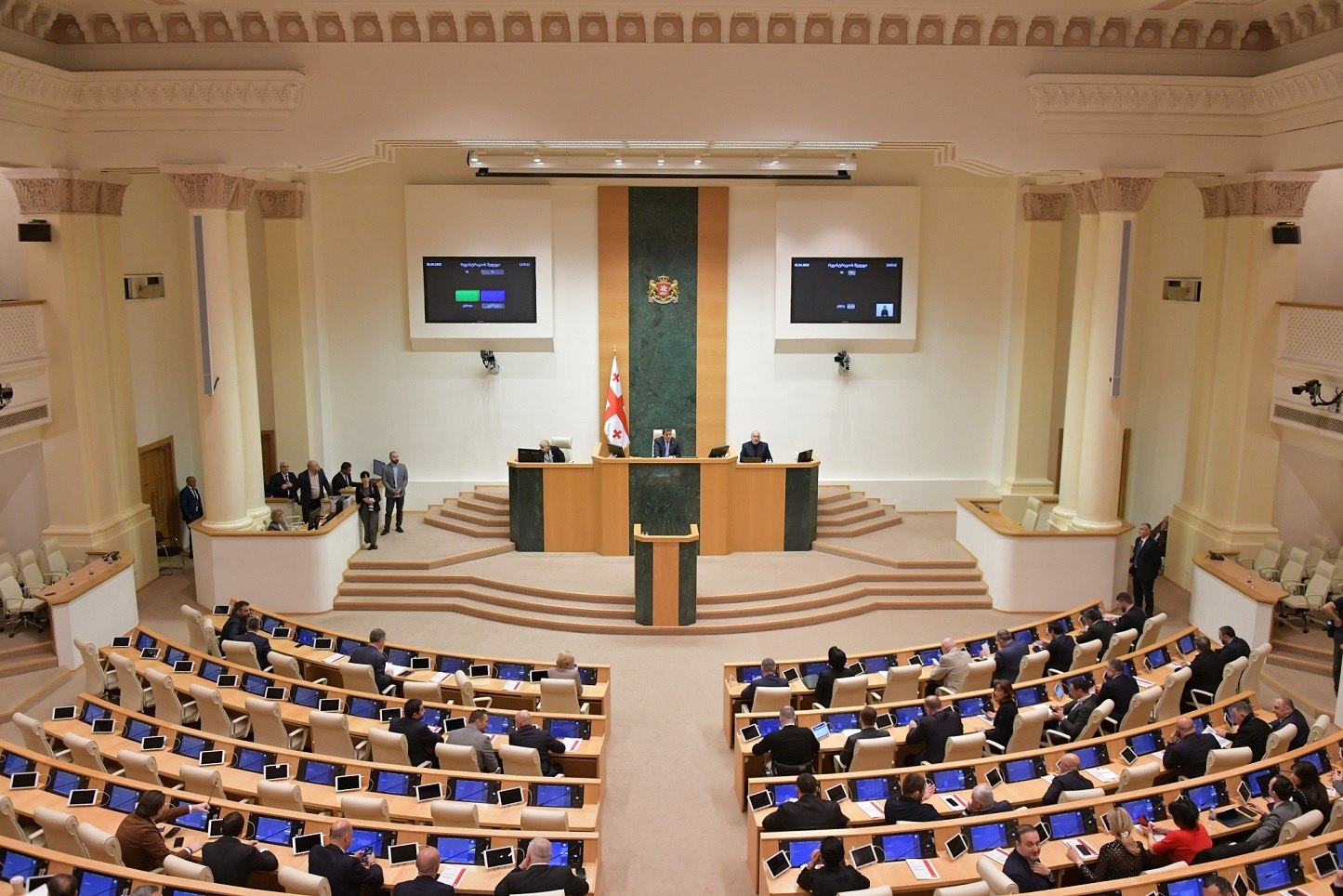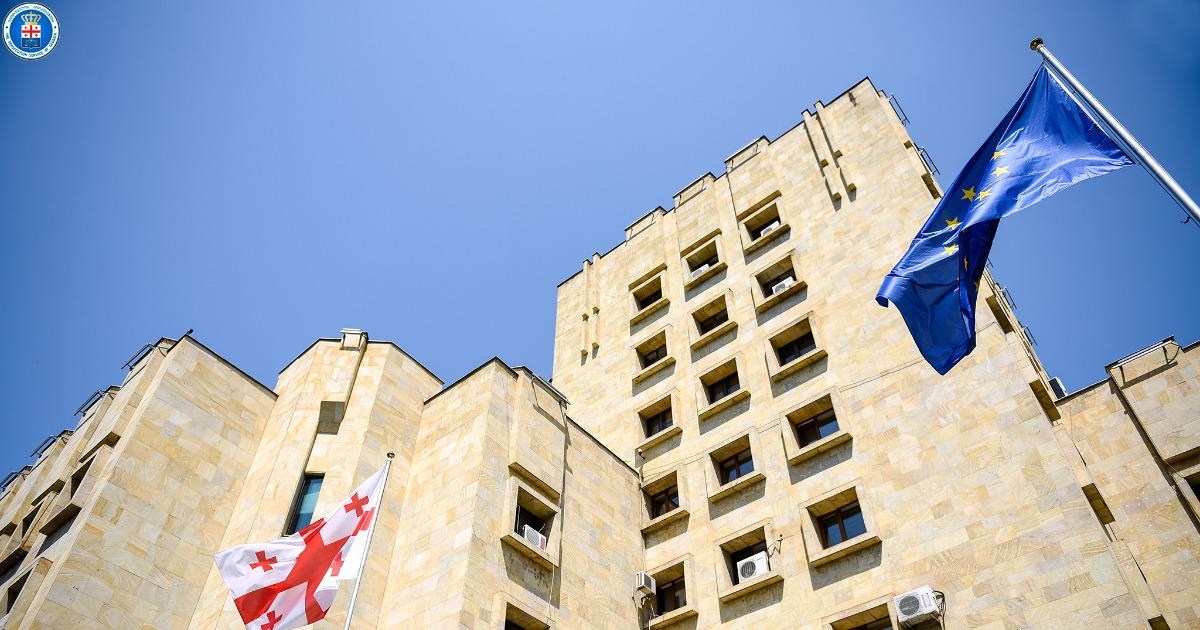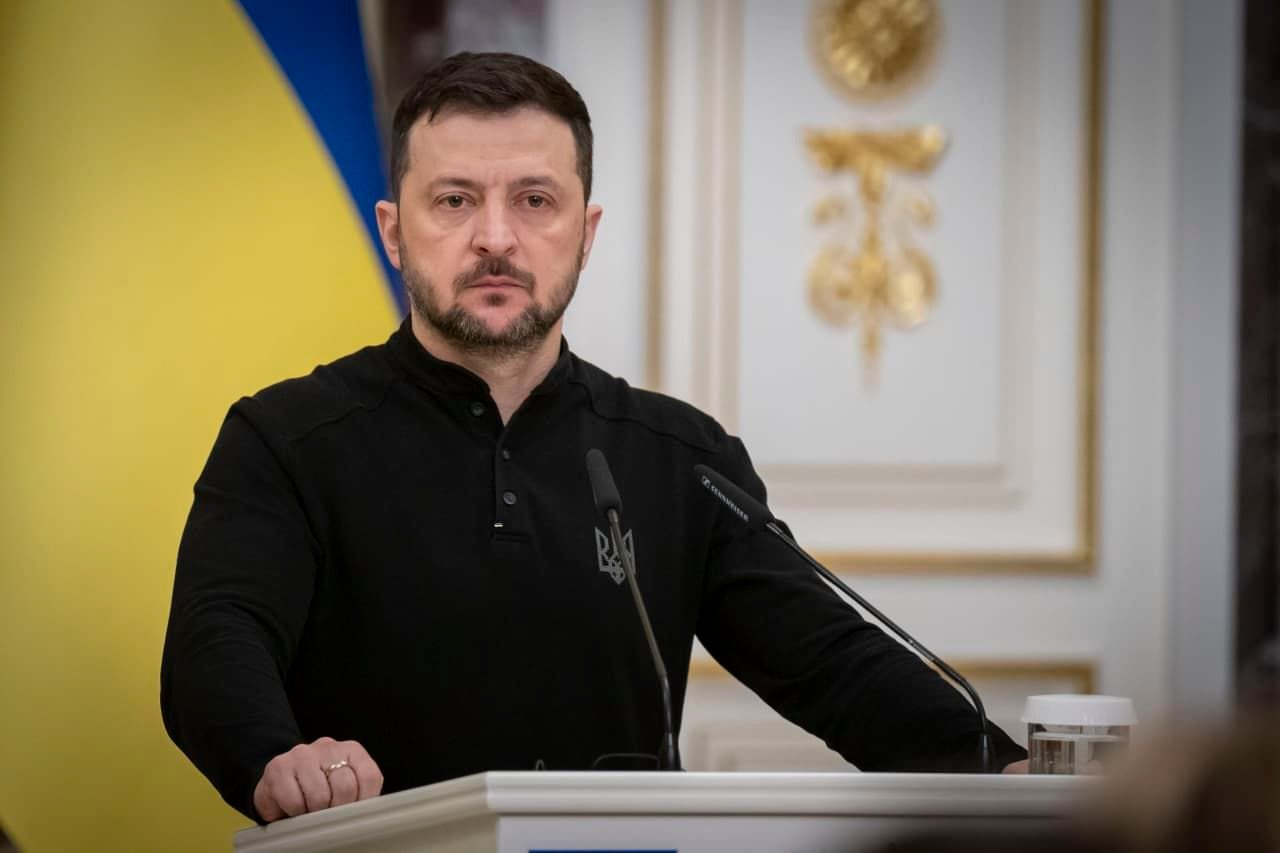Georgia’s Parliament adopts controversial legislations restricting media, civil sector, reviving treason law

Author
Front News Georgia
Georgia’s ruling party, Georgian Dream, on Tuesday pushed through a series of controversial legislative changes, tightening restrictions on media and civil society while reviving laws on treason. The reforms, passed in their third and final reading, now await the signature of President Mikheil Kavelashvili.
The most contentious among them is the Foreign Agents Registration Act, modeled after the US Foreign Agents Registration Act (FARA). However, critics argue that unlike its American counterpart, the Georgian version primarily targets independent media and civil society organizations, raising concerns about press freedom and political pluralism.
In a sweeping overhaul of the media landscape, amendments to the Broadcasting Law ban foreign funding for broadcasters, impose stricter controls on journalists, and extend punitive measures to online media platforms. Press freedom advocates warn the changes could significantly hinder independent journalism in the country.
Additionally, the parliament has removed the term “gender” from 15 existing laws, replacing references to “gender equality” with “equality between women and men” and eliminating the concept of “gender identity”. Analysts suggest the move is aimed at appeasing far-right segments of the electorate.
Further tightening its grip on civil society, the government has abolished the requirement to involve non-governmental organizations (NGOs) in the legislative process. Georgian Dream has justified the decision by accusing NGOs of “anti-democratic” and “subversive” activities. However, critics argue that the move contradicts key recommendations for Georgia’s European Union membership aspirations.
In a significant legal shift, the parliament has reinstated the crime of treason, which had been removed from the Criminal Code in 2007. The reintroduced Article 307 mirrors previous statutes, though the criminalization of such offenses has remained intact under other provisions since its abolition.
Once signed by Kavelashvili, three of the laws – those concerning broadcasting regulations, gender terminology, and NGO involvement – will take immediate effect upon publication in the Legislative Gazette. The Foreign Agents Registration Act is set to be enforced 60 days after presidential approval.
The sweeping legislative package has drawn sharp criticism from opposition parties, human rights groups, and Georgia’s Western allies.
The move comes amid months-long protests in Georgia against the Government’s decision late last year to halt the country’s EU integration until 2028.
Tags:
Parliament




